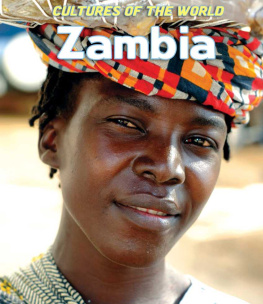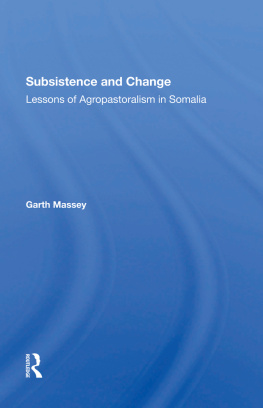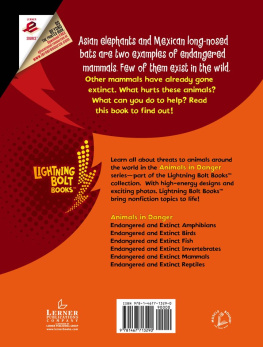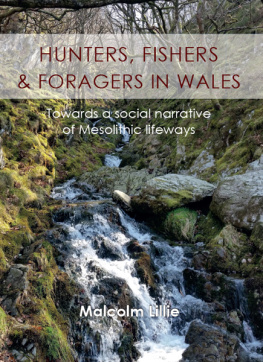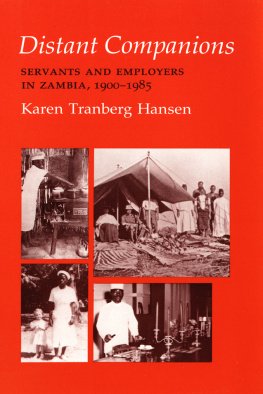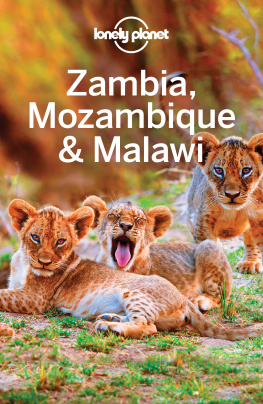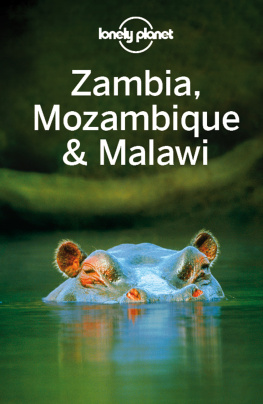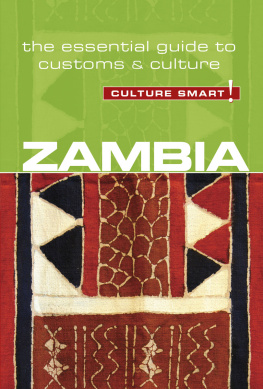Originally published in 1976 by the University of Washington Press.
Published 2005 by Transaction Publishers
Published 2017 by Routledge
2 Park Square, Milton Park, Abingdon, Oxon 0X14 4RN
711 Third Avenue, New York, NY 10017, USA
Routledge is an imprint of the Taylor & Francis Group, an informa business
New material this edition copyright 2005 by Taylor & Francis.
All rights reserved. No part of this book may be reprinted or reproduced or utilised in any form or by any electronic, mechanical, or other means, now known or hereafter invented, including photocopying and recording, or in any information storage or retrieval system, without permission in writing from the publishers.
Notice:
Product or corporate names may be trademarks or registered trademarks, and are used only for identification and explanation without intent to infringe.
Library of Congress Catalog Number: 2005048578
Library of Congress Cataloging-in-Publication Data
Marks, Stuart A., 1939-
Large mammals and a brave people : subsistence hunters in Zambia / Stuart A. Marks ; with a new introduction and afterword by the author.
p. cm.
Originally published: Seattle : University of Washington Press, c1976.
Includes bibliographical references and index.
ISBN 1-4128-0482-5 (alk. paper)
1. Bisa (Zambian people)Hunting. 2. Subsistence huntingZambia. I. Title.
DT3058.B58M372005
639'.11'096894dc22
2005048578
ISBN 13: 978-1-4128-0482-0 (pbk)
For my familyContents
Illustrations
MAP
The Munyamadzi Corridor
FIGURES
PHOTOGRAPHS
Introduction to the Transaction Edition
T his is a book about an extraordinarily brave and resourceful people who, under difficult circumstances, have survived and, through that process, have managed to transform themselves and our understanding of natural resource management in south-central Africa. It is about ways of constructing livelihoods and learning to cope within a difficult environment in which wildlife is a constant threat as well as an asset to lives and livelihoods, about how some men employed their skills as hunters to protect and to provide subsistence for their kin and dependents, about how hunting and the distribution of its proceeds transcend recreational or cash values to embrace essential social and political relationships, about hunting as a complement and supplement to hoe agriculture in many regions of southern Africa, and about how the pursuit of wild animals is intimately ritualized at the core of gender distinctions within a cultural and environmental system. It is about people coping, changing, and crafting their cultural challenges through time as well as about the gendered, generational, and governmental rules that influence their access and uses of wild resources. It is a glimpse into how a culture, society, and biodiversity co-existed in the 1960s and became a foundation for subsequent explorations and discoveries.
The occasion to write another preface to my first book is an opportunity to reflect on the circumstances in which the initial book was planned and written in light of the considerable changes, both personal and political, that may now affect its current readership. In the late 1960s, the writing of Large Mammals and a Brave People was an initial attempt to systematize local knowledge, environmental strategies, hunting practices and livelihoods within an African rural community. My informal education as a youth in the former Belgian Congo had sensitized me to the wide discrepancies between the ideologies and activities of rural Africans and those held by my missionary parents and by other expatriates. Some rural Africans, with whom I associated and to whom I listened (in less formal roles than would my parents), possessed a credible store of practical knowledge about place and circumstance more profound and enabling than the caricatures that filled the conversations and writings of foreigners during the early 1950s. These transient non-Africans seemed blinded to the ground swells of local conversations and strategies by their attempts to (re)create Africa in their own image and to maintain their places as privileged strangers. During the 1960s in Zambia, I heard echoes of these conversations again among some foreigners and retained colonials drafting development plans in that newly independent state. Supported by donor assistance, these experts were engaged in initiating programs based exclusively upon external economic values as the most appropriate contribution for wildlife within the new Zambian state.
In the early 1960s, discourses about African ecology and the writings on natural resource management and wildlife ecology drew exclusively on the authoritative claims of universal science and its privileged (Western) practitioners (Darling 1960, Huxley 1961). With few Africans trained in these discourses, administrators and consultants constructed their crisis narratives to legitimize and bolster the centralized control of resources by newly independent governments (Roe 1999).
The same year that my wife and I lived at Nabwalya to gather the materials for this book and for my dissertation, the Zambian government hosted a Food and Agriculture Organization of the United Nations advisory team of two North American wildlife scientists (UNDP 1968). The daunting task of these professionals, both novices in the tropical and colonial worlds, was to assess the wildlife situation in the Luangwa Valley (to correct the present trend of overpopulation of certain animal species that is rapidly approaching a dangerous level) and to evaluate the uses of the land (survey of the erosion in the Luangwa headwaters causing serious instability of the Luangwa River). Upon the completion of their reviews, this team was to recommend a UNDP (United Nations Development Program-Special Fund) project for a detailed survey and long-term management plan for that valley (UNDP 1968:1).
A reconstructed state agency, the Zambian Department of Game and Fisheries hosted, provided the basic information, and cooperated in the drafting of the teams final report. Prior to obtaining independence in 1964, Zambian nationalists used reiterative grievances against this department and its police tactics to rally rural peasant support against the colonial government. Despite this history, the department retained many of its colonial, white officers and was eager to demonstrate the economic utility of its wildlife management to the new government. The teams mission and its document were to have far reaching influences on Zambian wildlife policies and human activities during the initial decades of independence.
The UNDP team was convinced that the Luangwa Valley had suffered from improper land-use practices for thousands of years and that the landscapes degradation was proportionate to increases in its human population. Only prompt and remedial actions to make the valley one of the most important multi-purpose game areas in Africa (p. 4) would avoid the impending environmental disaster. Among the teams many recommendations were the immediate reduction in elephant, buffalo, and hippo numbers, the development of facilities and the promotion of tourism, the establishment of state ranches to domesticate wild antelopes for meat production, and a restructuring of the Department of Game and Fisheries to meet these new challenges. Using a blend of official and informal information, the team further constructed an irnminent crisis in the Munyamadzi Corridor (an outsiders designation for where the Valley Bisa lived).




